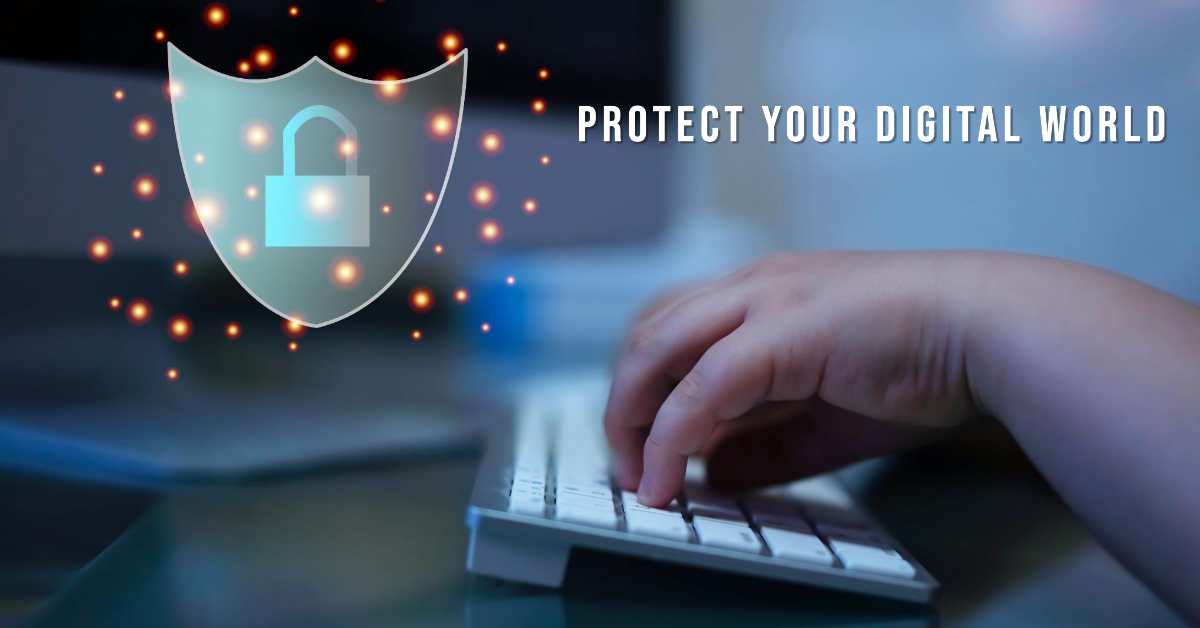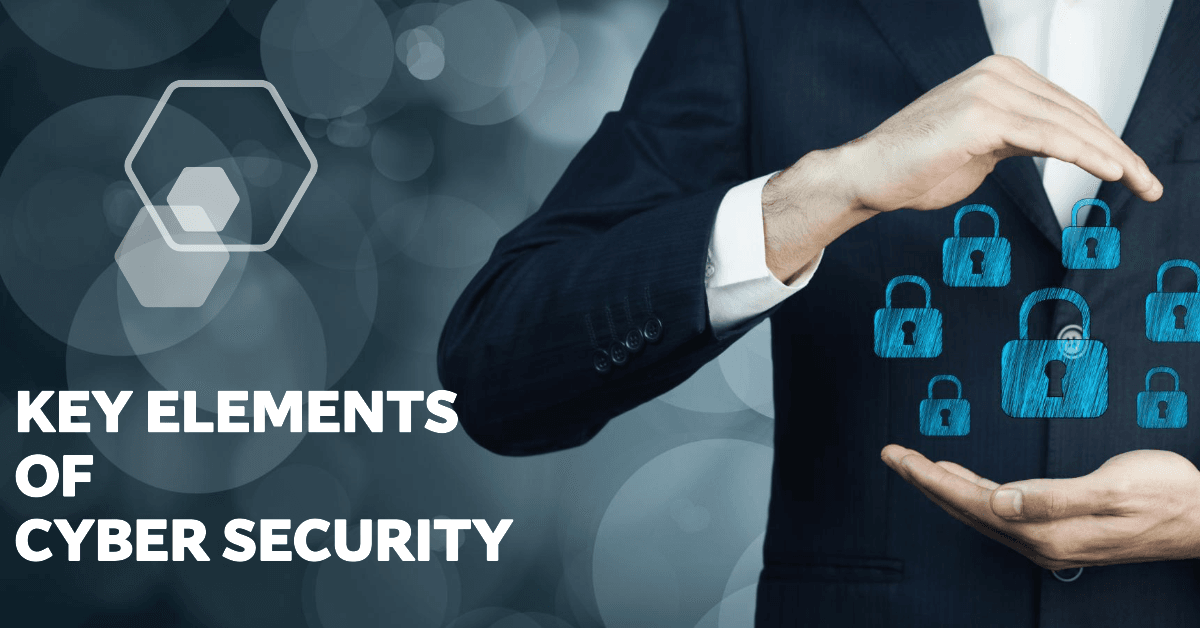
In an era driven by digital technology, cyber security has become paramount. As we immerse ourselves in the vast cyberspace, it’s essential to understand the intricacies of safeguarding our digital assets. This article delves into the realm of cyber security, offering comprehensive insights, expert advice, and answers to frequently asked questions.
Cyber security, often referred to as information technology security, is the practice of protecting computer systems, networks, and digital data from theft, damage, or unauthorized access. In an interconnected world, it’s the shield that guards against digital threats.
In today’s landscape, where data is invaluable, cyber security is non-negotiable. It ensures the confidentiality, integrity, and availability of information, preventing cyberattacks that can cripple individuals and organizations alike.
You might wonder how cyber security relates to you. The truth is, that anyone who uses the internet is susceptible to cyber threats. From personal identity theft to business data breaches, the implications are far-reaching. It’s crucial to stay informed and protected.

Firewalls act as a barrier between your network and potential threats. They filter incoming and outgoing traffic, monitoring for suspicious activity and blocking unauthorized access.
Antivirus software detects, prevents, and removes malicious software (malware) from your computer. Regular updates are essential to stay protected against evolving threats.
Data encryption encodes your data, making it unreadable to unauthorized users. This security measure is vital for protecting sensitive information during transmission.
Creating strong, unique passwords and using a reputable password manager is fundamental. Weak passwords are an open invitation to cybercriminals.
Software updates often contain patches for security vulnerabilities. Neglecting updates can leave your system exposed.
To protect your personal information, use strong, unique passwords for each account, enable two-factor authentication, and avoid sharing sensitive data on unsecured websites.
Businesses should invest in robust cybersecurity solutions, educate employees on best practices, and conduct regular security audits to identify and address vulnerabilities.
Paid antivirus programs typically offer more comprehensive protection, including customer support and advanced features. However, free options can provide basic security for budget-conscious users.
While cyber security significantly reduces the risk of attacks, it cannot guarantee absolute protection. Vigilance and proactive measures remain essential.
Regularly update your software and devices as soon as updates become available. Automatic updates can simplify this process and ensure you stay protected.
Using public Wi-Fi networks can be risky. Whenever possible, use a virtual private network (VPN) to encrypt your connection and protect your data.
In the digital age, cyber security is not an option but a necessity. By understanding the fundamentals and implementing best practices, you can safeguard your digital world. Stay informed, stay vigilant, and stay secure.
Celestial Infotech will be a new and fast-growing group of software and web development based in focus is to give quality for business solution.
We are working for earning reputation in IT have done many projects with client satisfaction.

+1-360-602-7797

Info@celestialinfotech.com

8 The Green Suite # 7122 Dover, DE 19901
2024 © Celestial Infotech, All Rights Reserved | Developed by The Digital Solutions